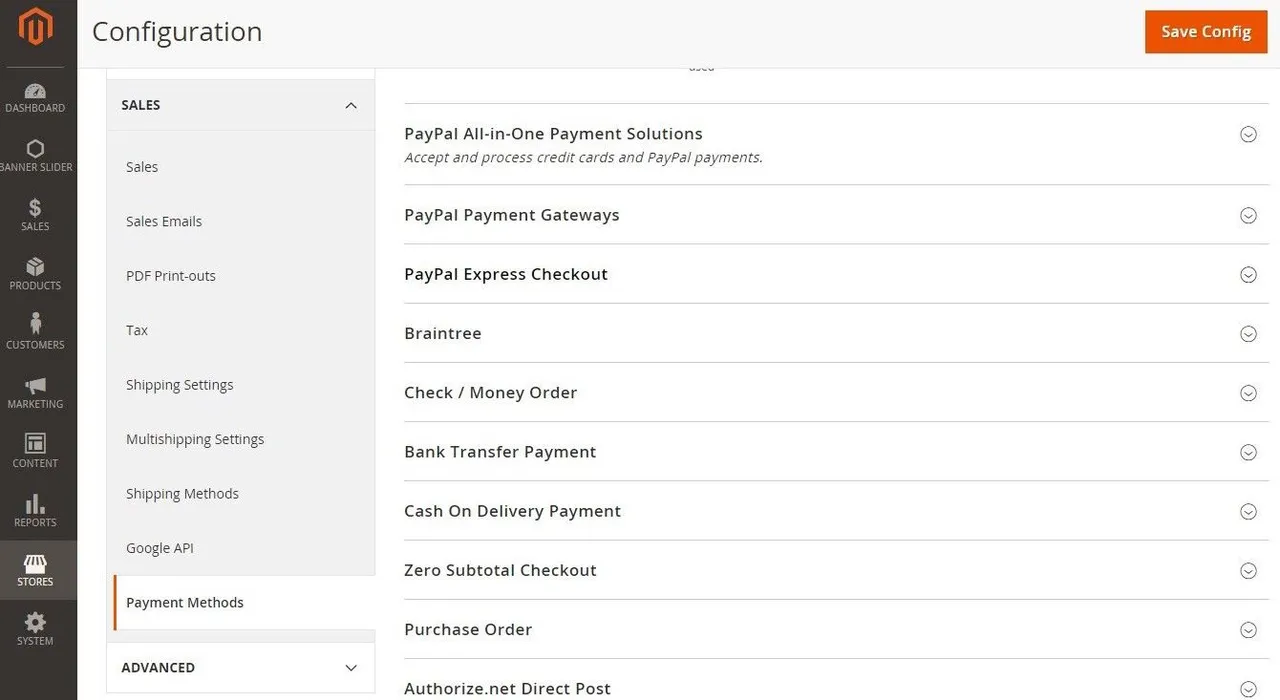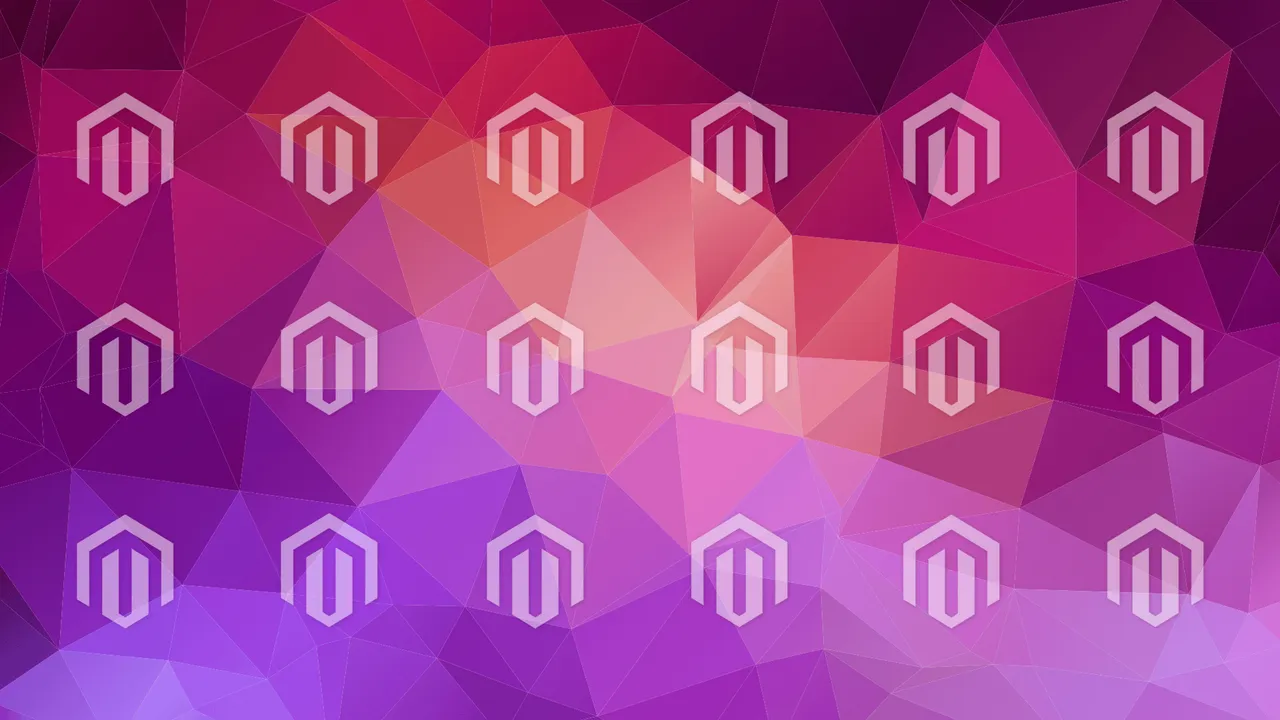Magento Commerce Technology Stack: Pros and Cons
Author’s note: in this article, we’ll be talking about Magento 2.0 and all of its later versions. Do not consider Magento 1 as a viable option, at this point.
Running an online business is quite a hustle. There are so many things to consider and so many things that could go wrong. A successful business is a well-oiled machine where each process and department is a cog. Given this diversity of inputs, outputs, and interdependent processes, it’s essential to have a solid foundation upon which all of these dependencies can safely persist.
This foundation usually comes in the shape of a technology stack used to run the business. While humans run this ‘machine,’ it’s the soundness and robustness of this stack that defines operational stability and success potential. That’s why we have so many ecommerce platforms to choose from. They are the response to this growing technological complexity, meant to unite software, frameworks, and workflows into coherent and sustainable ecosystems.
Magento is one of the first responders to this challenge. It’s been around for roughly ten years. It went through a lot of iterations to become one of the biggest ecommerce platforms. In the process, it gained quite a following of developers and system integrators that started specializing in Magento.
But Magento has been a bumpy ride for many businesses. Just like any other software product, it has its strengths, weaknesses, and limitations. This overview will paint a bigger picture for you and answer a straightforward question: ‘Is Magento a good fit for my business?’
Pro: Out-of-the-Box Robustness
Magento has everything you need to start running your business right away. Even its Open Source version is packed with various ecommerce features:
- Marketing/promotions suite
- Catalog management features
- SEO functionality
- Site management (CMS functionality, etc.)
- Order management (invoicing, etc.)
And much, much more. But there’s a specific part of this starting package that often gets overlooked. It’s the LUMA theme that comes standard in Magento 2. There’s nothing particularly special about the theme itself. But it represents the optimal UI that can start generating sales as soon as it goes live. All of the features above are ready to go, once you set them up for the store. No need to optimize the theme or make sure that everything is displayed correctly.


Other platforms don’t have the same initial packaging, which might require you to mess around with the setup. With them, you have to pick a theme, and then get all of the various features plugged into the store through extensions and add-ons.
Pro: Advanced Testing Capabilities
Getting your site from staging and into production is akin to training and then performing in a competition. To make sure that everything goes smoothly, you have to dedicate your utmost attention to every little detail.
Magento has a robust testing enablement suite that can halve your pre-release defects. That means fewer bugs and dissatisfied customers, which saves your time and money. Magento offers the Functional Testing Framework (FTF) that is based on PHPUnit - a developer-oriented testing framework with a proven track record and stable performance. It can also be used by your QA team if you have one.

Magento Functional Testing Framework
One of the most significant advantages of FTF is the fact that it comes pre-packaged with standard test scenarios that affect the most crucial functional processes in your store. You can run these tests altogether, or select a few of them, or even one. All of the failures are appropriately logged and supplied with screenshots.
There are plenty of other features in FTF, but the bottom line is simple - Magento has a solid suite to automate (partially) the testing cycle and significantly improve the quality of your shipped Magento code. This frees up your developers and makes your customers happy at the same time. It’s also cross-platform and works on any OS, so that’s another headache that your developers don’t have to worry about.
Pro: Self-Hosted King
There are many opinions about the differences between hosted ecommerce solutions and open-source ecommerce platforms. It’s natural, as there are many pros and cons to each option.
However, the numbers don’t lie. Open-source solutions are much more popular than hosted ones. The biggest ecommerce platforms in the world are open-source and self-hosted: Magento, WooCommerce, etc.

Ecommerce Platforms Popularity
Why? Because they are much more flexible than any hosted solution. You can tweak the code however you like and make it work, as long as you have a decent team of developers. With a hosted solution, you’re a hostage to its limitations and requirements.
Out of the many self-managed solutions, Magento is at an advantage. It is the most robust of them all, as none of the other platforms have this stack of ecommerce features out of the box. WooCommerce is built on top of WordPress, a platform that wasn’t designed primarily for ecommerce. OpenCart doesn’t have the backbone, community, and pedigree that Magento does. ‘I’m missing X feature’ is a statement that’s less likely to be made about Magento. The best part is that it’s free. You can play around with it. Let your devs poke it, stress it, test it. And then make the decision. No harm no foul. And almost no wasted resources.
Pro: SEO
It’s hard to get yourself on the radar, as there are so many stores and businesses competing for the same keywords. That’s why search engine optimization is still a big part of a successful online business. Inbound leads that come through search have some of the lowest acquisition costs and pretty high conversion rates.
This is where Magento stands out. It has an extensive suite of SEO customization features. Index management allows you to control the links that get passed on to the search engine. There are plenty of standard discoverability features, like the sitemap in HTML and XML variations. There are also prefixes and suffixes, canonical tags management and other features. For example, the ability to add images to the sitemap (instead of just pages). Your SEO guy won’t have any issues with optimizing the store for search engines.

Magento 2 SEO Features
But the standard functionality is not actually what makes Magento stand out in this regard. It’s the incredible ecosystem of advanced SEO extensions that various vendors offer. They make managing SEO even better, with editing restrictions that won’t let you delete something important. A lot of them have embedded best SEO practices that won’t let you go over the character limit for metadata, as an example. Most of them are supplied with user-friendly UI that allows anyone to quickly update product information without the need to consult your SEO specialist.
Some notable products in this category:
- WebTex Ultimate SEO Suite
- Amasty SEO Toolkit
- MageWorx Ultimate SEO Suite
Some of the helpful features that are added by these extensions include SEO templates for your metadata, which are super useful for larger stores with thousands of products, that all need descriptions and titles. Many of them also include extended rich snippets that allow you to add the site’s breadcrumbs navigation to the search results.

Magento snippets with breadcrumbs
But let’s take a look at some of the disadvantages that may prevent you from considering Magento 2 as your next ecommerce platform. Magento’s pros and cons go hand-in-hand with each other because of the platform’s extensive capabilities.
Con: Investment
There’s no way around it. You have to invest in Magento. It’s either the Enterprise Edition (Commerce version), where you’ll have to part ways with a pretty significant sum of money, or it’s the Community Edition (Open-Source version), which will require a considerable time investment, although at a lower financial cost.
Expect to spend even more time if you don’t have any Magento development experience. It is a complex system with its own highly organized and meticulous logic.
Con: Time-To-Market
It’s hard to imagine a Magento store that goes up online in a matter of days, and everything works on a somehow decent level. If you’re launching a store from scratch just to test your business idea, Magento is not the best choice. You can always migrate to it later on when scalability becomes an important fact. But below a certain size threshold, these advantages are not apparent, and you’ll spend more time preparing the store for launch.
Con: Entanglement
This phenomenon in quantum physics describes the dependence of particles and their quantum states. In Magento’s terms, entanglement depicts the heavy reliance of your store on its staff.
It requires advanced development skills, knowledge of the changes that were made to the code, constant memorization of the extensions and at least a basic understanding of how they all work or interact with each other.


In the end, your development team will have to know the setup intimately not to screw it up. This raises some issues. You get to stick with individual developers because they know the system too well. God forbid if one of them is a freelancer. Your rookie team members might get caught up in all of this artificial complexity and screw up, leaving your site vulnerable or down for maintenance.
Conclusion
Magento has everything that you can look for in an ecommerce package. It boasts a ton of extensive features, along with the ability to flexibly approach a variety of functional problems. Its incredible suite of business features will allow you to build a fully-functioning ecommerce store without cutting any corners. It’s perfect for scale and rapidly expanding businesses. However, it all comes at a price. Figuratively and literally. Magento Commerce is an expensive alternative to the Open Source version of the platform. Given the complexity of the system, development cycles may take months. And they can stretch even further if you won’t pick a good development team for your project.
If you’re looking for a team that intimately knows all of the Magento pros and cons - reach out to us.













